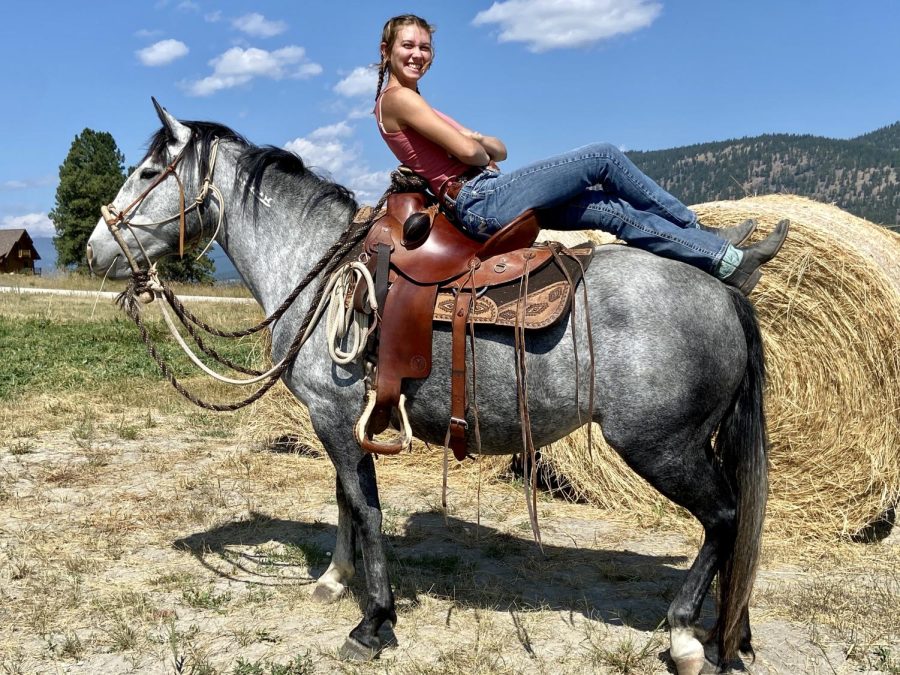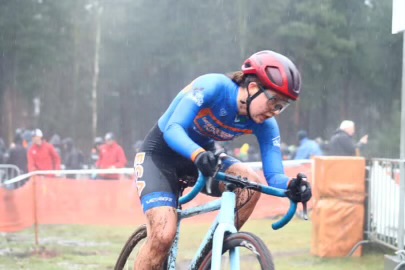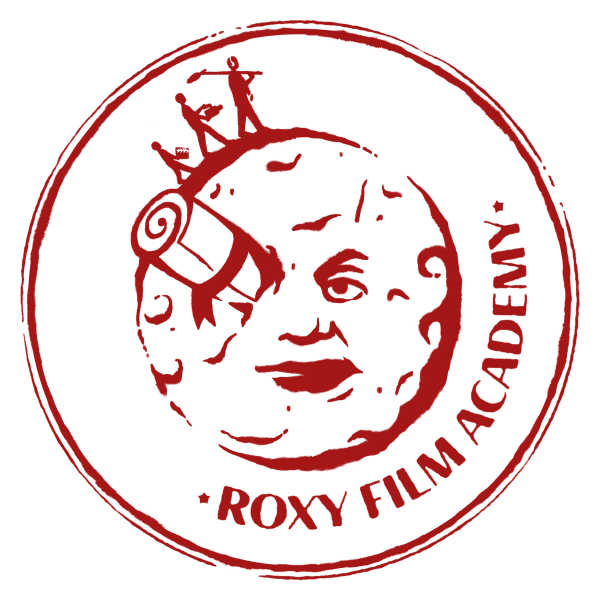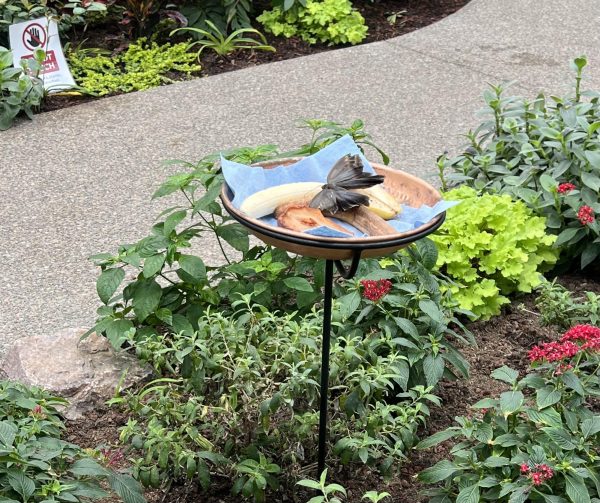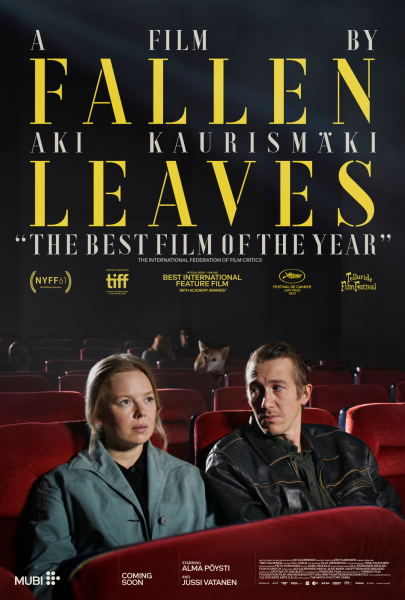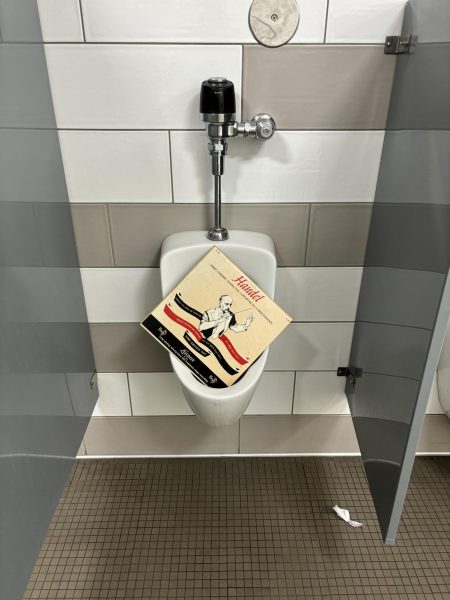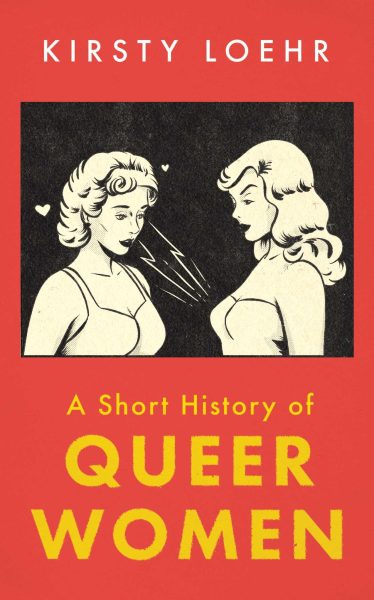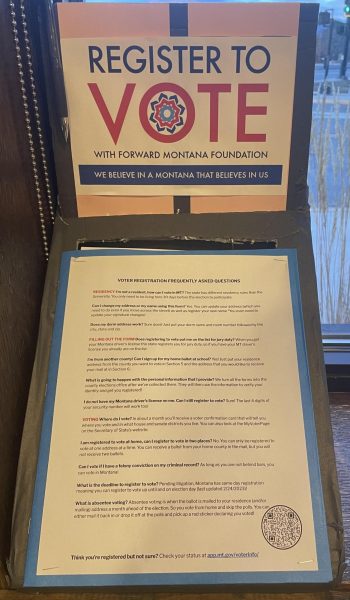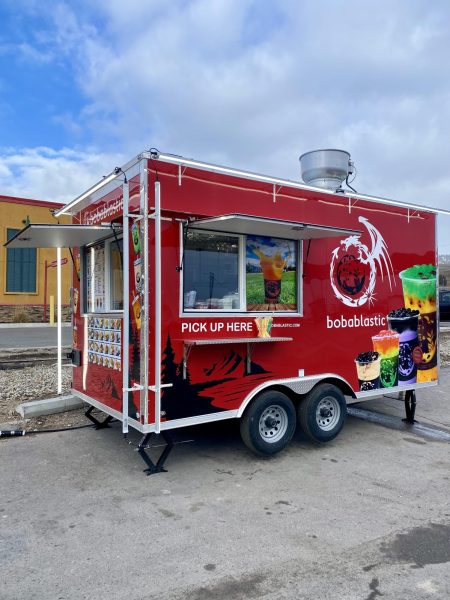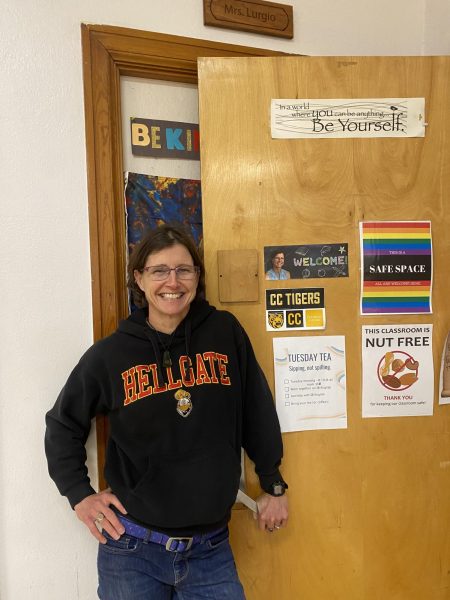My Experience With The Living Legends Of The Wild West
Living in a rural community in Montana, registered Quarter Horses are almost everywhere. Old ranchers have their handy work horse and nobody ever bats an eye, right? What if I told you that there are over 40,000 wild mustangs in holding facilities? These elegant creatures roaming the West are viewed as nothing but inbreds and mutts to many ranchers. Because the mustangs are competing for the same grass as the ranchers’ cattle, they are viewed as pests. How could I go about altering an opinion so ingrained in a way of life?
I’ve always had a soft spot for animals, and this is when I decided to make a difference in the world and fight for the belief that each and every animal should be treated with respect. The summer before my freshman year of high school, I adopted my first mustang. She was beautiful and had a dark coloring that eventually transformed into elegant gray dapples. Unlike the other horses I had trained, my new companion’s often unique and vibrant personality matched my own and made me wonder if mustangs long for a human connection.
Every day that summer, I spent hours recording videos of the training process and building up a social media page to bring light to the situation. Shortly after adopting my first mustang, I fostered two more: a small one with a little white star on her forehead, who I named Estrella, and a pretty one the color of a sagebrush, who I named Sage. I spent about 150 hours with Estrella and Sage, and they transformed from their aggressive, wild nature to finding incredible homes. In fact, Sage’s owner is one of the most authentic cowgirls in the United States, and Sage happens to be her favorite horse in the herd. Estrella also put stereotypes of mustangs being aggressive to rest and now lives with two young boys.
Everyone in my small community fell in love with the mustangs, and I was even able to talk with the head of 4H in Missoula County about mustangs and the current issues they are facing. Soon people started asking for training advice for their own mustangs and the taboo idea of owning a non-pure bred horse started to evaporate.
Today, I still have the gray mustang, who I call Lena. She aided me in banishing the idea that horses need to come with registration papers. Although they may be the mutts of horses, mustangs are still some of the most loving and talented animals. If I hadn’t been curious and challenged this belief, who knows what people in my community would think about them.
I have learned so much from my four mustangs. They have taught me to be more patient and to challenge myself by looking fear in its eyes. Everyone should have the opportunity to care for an animal, whether it is a fish or a wild horse. Because this responsibility allows you to blossom and become a better individual and a more valuable member of society.
I firmly believe that if you have even the slightest inclination that a credence isn’t moral, you should fight for what you value. This philosophy has not only changed the perspectives of my peers, but has also lit a spark for a passion that may not have been discovered without curiosity.

Hi, I’m Maggie Vann, and I'm a senior at Hellgate High School. This is my third year in Lance and first as Co-Editor. I’ve enjoyed expressing my creativity...

